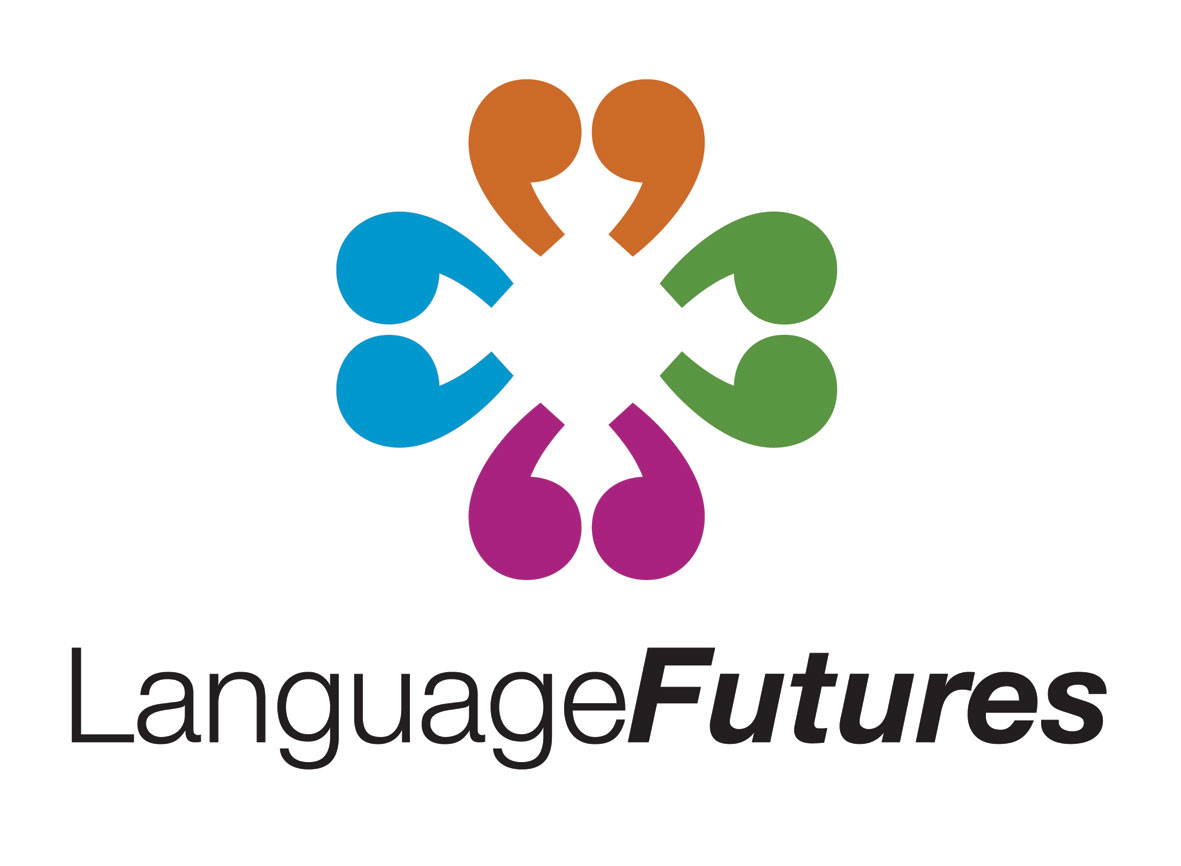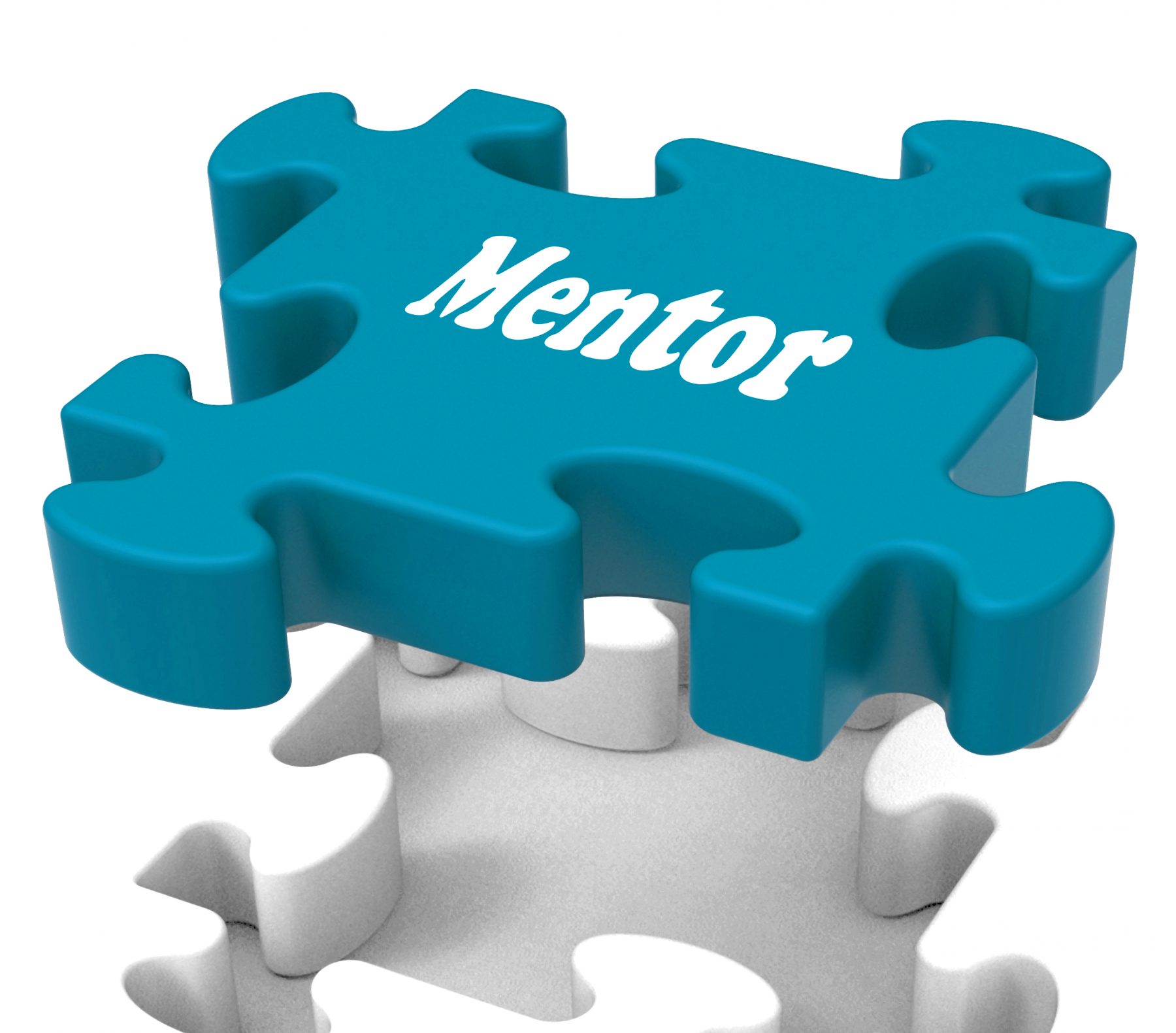Building Schools' Capacity Resources
These resources have been designed to support and advise schools delivering, or preparing to deliver, the Language Futures approach.
Steps to launching Language Futures
Explore our step by step guide to launching Language Futures.
Exploring the approach in practice
Over 2016/17, a series of short films was produced which explore the approach from a variety of perspectives:
- Impact of a Language Futures approach on teachers and language teaching pedagogy.
- The potential and value of a Language Futures approach to language learning.
- Implementing a Language Futures approach to language learning in schools.
- The role of mentors and mentoring.
- Language Futures in practice - a primary teacher's view.
- Language Futures in practice, Melbourn Village College.


Role of the Language Futures Co-ordinator
The role of the Co-ordinator is key to the success of the approach. Explore the Co-ordinator Handbook to understand the role further including how to recruit and support students.
Support for parents
A key aim of the approach is to blur the boundaries between home and school. Explore the Parents' Guidebook and Top Tips for Parents to understand how parents can support their child's learning. My Best 10 also contains ideas for promoting language learning at home.
Assessment
In order to ensure a consistent approach to levels of difficulty across all languages, teachers need to support mentors in developing assessment activities. Explore the Language Futures exemplar Speaking Assessment, Listening Assessment, Reading Assessment and Writing Assessment, and the Peer Assessment Grid.
Teacher planning
Elements that need to be included are:
- an emphasis on Language Learning Strategies and Knowledge About Language to encourage independence;
- time to develop enquiry-based learning and thinking skills;
- opportunities for students to learn in language groups as well as across the languages;
- quick gains in speaking to build up students’ confidence;
- role of mentors clearly identified;
- co-construction of learning (i.e. the partnership between teaching staff, pupils and mentors to develop and deliver learning together;
- time to work on extended projects (project-based learning) and flexibility in the projects to reflect students’ interests;
- challenges to be set which require research and investigation outside of the classroom;
- resource lists to be identified.
Explore the Yearly Overview, First Half Term Plan, and Themes and Lesson Outlines exemplar documents. The Language Futures Toolkit is also designed to support teacher planning. We have also started to develop resources specifically for primary. Explore the Yearly Overview of Themes Primary, Autumn Term Plan Primary and Spring Term Plan.
The role of mentoring
Mentors are an integral part of the Language Futures approach. Mentors are volunteers from the local community who are expert linguists in the target languages that students are studying. They may be native speakers or people who are fluent due to an extended period of study, or time spent abroad.
A step by step guide to establishing mentoring has been produced as well as a case study on mentoring at Linton Village College. You can also watch a video where Tina Rice, who set up mentoring in her school, explains more about the process. Other resources that have been developed to support schools developing the role of the mentor include:
- Role of the Mentor
- Role of the Mentor PowerPoint
- Checklist for Mentoring
- Best Practice Guidelines for Mentors
- Mentor Handbook
- Mentor Application Form
- Mentor Interview Form
- Mentor Induction Process
- Behaviour Guidance
- Mentor Reference Request Form
- Mentor Reference Request
- Thank You Letter
- Mentor Advert
- Call for Parent Mentors Letter
- Mentor Induction PowerPoint
- Mentee Questionnaire
- Mentor Questionnaire
We have also produced guidance for when students act as mentors. Guidance includes:
Launching Language Futures
Explore the Launch PowerPoint for Pupils and the sample letters to parents for the In-Curriculum model and After School/Enrichment model for ideas on how to launch the Language Futures approach in your school.
The Staff Bulletin article gives an overview of the Language Futures approach and The Big Idea article explores the benefits of encouraging students to take control of their learning. A Student Acceptance Letter and a Student Unsuccessful Letter have also been developed for use after the student recruitment process.
Our CPD sessions delivered at ALL's national conference Language World 2017 will support you to promote the Language Futures approach to your school or group of schools: the Major talk Linguistic autonomy and the secondary session Developing after school languages provision. The Research Poster also offers an overview of research to date. Language World 2018 explored the implications for languages education in the Mary Glasgow Plenary lecture Language World Messages for the Mainstream Classroom.
You can also explore the Language Futures Impact Survey which will support gathering evidence before launching.
Rewarding student involvement
Consider ways of rewarding and celebrating student involvement such as the Language Leader Award, Languages Challenge or the Duke of Edinburgh award (skills and volunteering).
Primary Specific Resources:
Launch resources:
Launch PowerPoint for Primary Pupils
Launch PowerPoint for Primary Teachers
Launch Letter to Parents Primary Pupils
Teacher Planning:
Autumn Term Plan Primary and Autumn Term PowerPoint Primary
Summer Term Plan Primary (Part 1) and Summer Term PowerPoint Primary (Part 1)
Summer Term Plan Primary (Part 2) and Summer Term PowerPoint Primary (Part 2)
Yearly Overview of Themes Primary
Support for Parents:
CPD:
Opening the classroom door to parents and the community Language World PowerPoint.
For other primary resources, please explore our Project-based learning resources and Language Learning Strategies pages.
You can also watch a video where Victoria Mitchell, the ALL Education Officer explains how she set up Language Futures in her school.
“The success of the programme has been the introduction of the mentors. I have three mentors who are enthusiastic and very supportive of their students. They have marked work, set challenges and chivvied students along as well as researching websites, creating games and giving rewards.”
“What I like most about LF lessons is having the mentors. It is inspiring to be helped by people who have an insight into the culture of the language and the countries where it’s spoken”.
“The mentors are fantastic! I feel comfortable asking any question, even if it might sound silly.”
''Mentoring was the best aspect of language futures for me, because I got to meet and spend time with people who had experienced life in Spain and Latin America, which motivated me to learn faster and more thoroughly.''
